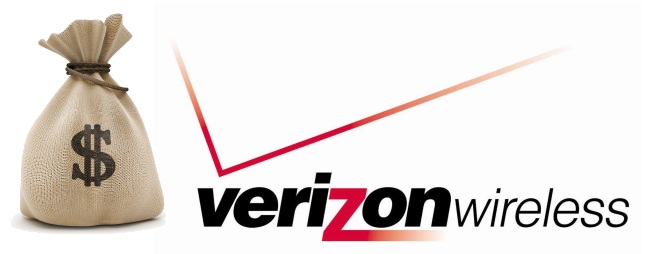
Though Verizon practically co-drafted the FCC’s new Net Neutrality regulation, it now plans to sue the agency for overstepping its bounds. The broadband and mobile operator argues that the FCC doesn’t actually have the authority to require Internet service providers to regulate how traffic flows on their networks.
“We are deeply concerned by the FCC’s assertion of broad authority for sweeping new regulation of broadband networks and the Internet itself,” said Michael E. Glover, Verizon’s senior vice president and deputy counsel in a press release. “We believe this assertion of authority goes well beyond any authority provided by Congress, and creates uncertainty for the communications industry, innovators, investors and consumers.”
Humorously, it was Verizon and Google’s net neutrality proposal that appears to have formed the basis for the recently passed FCC regulation. The enacted legislation prohibits Internet service providers (ISPs) from block Websites or competing services. ISPs also cannot speed up or slow down certain types or sources of Internet traffic–in other words, it plans to keep the net neutral. It even treats mobile Internet different from broadband Internet and has several of the loopholes present in the Google/Verizon proposal.
The question is: does the FCC have the authority to regulate the Internet? PC World points out that it does. According to the FCC’s site, it was “established by the Communications Act of 1934 and is charged with regulating interstate and international communications by radio, television, wire, satellite and cable. The FCC’s jurisdiction covers the 50 states, the District of Columbia, and U.S. possessions.” There was no Internet in the 1930s, but if there were, it certainly seems like the FCC would have been put in charge. Still, if you don’t want to obey the rules, it never hurts to claim they don’t exist.
Verizon isn’t just rolling the dice either. The company has filed in the Court of Appeals for the District of Columbia–the same court that ruled against the FCC in April 2010. In that case, Comcast challenged an FCC ruling that banned it from slowing down or stopping peer-to-peer filesharing traffic on its broadband networks. The court ruled that the FCC does not have the authority to mandate ISPs to treat Internet traffic equally. The FCC refuted this claim and enacted net neutrality regulation anyway.


